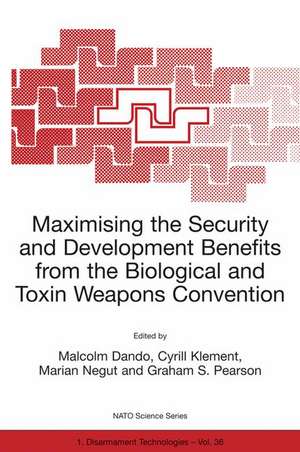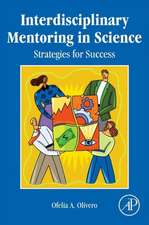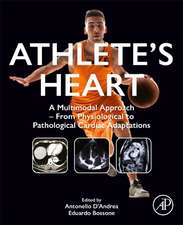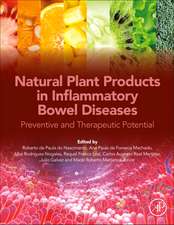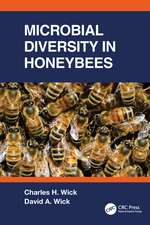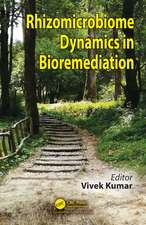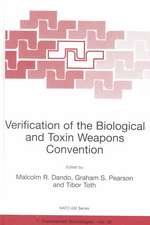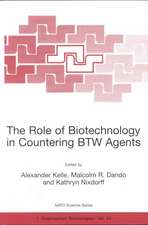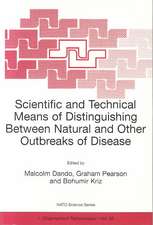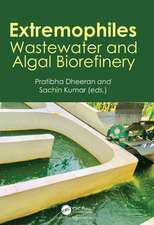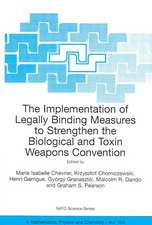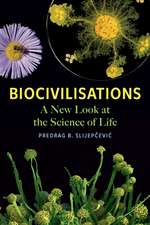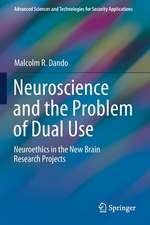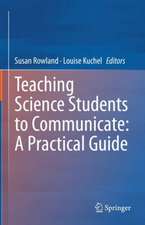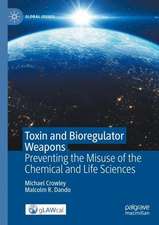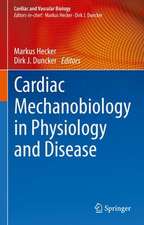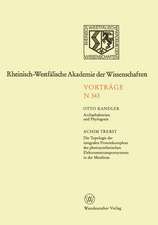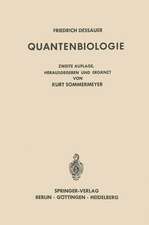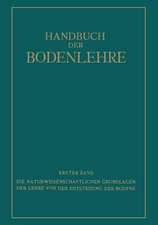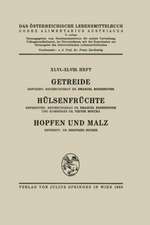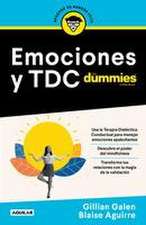Maximizing the Security and Development Benefits from the Biological and Toxin Weapons Convention: NATO Science Partnership Subseries: 1, cartea 36
Editat de Malcolm R. Dando, Cyril Klement, Marian Negut, G.S. Pearsonen Limba Engleză Hardback – 31 oct 2002
| Toate formatele și edițiile | Preț | Express |
|---|---|---|
| Paperback (1) | 952.57 lei 6-8 săpt. | |
| SPRINGER NETHERLANDS – 31 oct 2002 | 952.57 lei 6-8 săpt. | |
| Hardback (1) | 957.62 lei 6-8 săpt. | |
| SPRINGER NETHERLANDS – 31 oct 2002 | 957.62 lei 6-8 săpt. |
Din seria NATO Science Partnership Subseries: 1
- 15%
 Preț: 643.65 lei
Preț: 643.65 lei - 18%
 Preț: 949.23 lei
Preț: 949.23 lei - 18%
 Preț: 951.14 lei
Preț: 951.14 lei - 18%
 Preț: 950.96 lei
Preț: 950.96 lei - 18%
 Preț: 1226.42 lei
Preț: 1226.42 lei -
 Preț: 392.97 lei
Preț: 392.97 lei - 18%
 Preț: 944.36 lei
Preț: 944.36 lei - 18%
 Preț: 1227.04 lei
Preț: 1227.04 lei - 18%
 Preț: 1220.26 lei
Preț: 1220.26 lei - 18%
 Preț: 947.35 lei
Preț: 947.35 lei - 18%
 Preț: 952.09 lei
Preț: 952.09 lei - 18%
 Preț: 955.56 lei
Preț: 955.56 lei - 15%
 Preț: 643.65 lei
Preț: 643.65 lei - 18%
 Preț: 947.67 lei
Preț: 947.67 lei - 18%
 Preț: 1111.97 lei
Preț: 1111.97 lei - 18%
 Preț: 1230.66 lei
Preț: 1230.66 lei - 5%
 Preț: 2125.27 lei
Preț: 2125.27 lei - 15%
 Preț: 650.86 lei
Preț: 650.86 lei - 18%
 Preț: 949.23 lei
Preț: 949.23 lei - 15%
 Preț: 640.37 lei
Preț: 640.37 lei - 15%
 Preț: 650.37 lei
Preț: 650.37 lei - 18%
 Preț: 1225.16 lei
Preț: 1225.16 lei -
 Preț: 391.40 lei
Preț: 391.40 lei - 18%
 Preț: 945.14 lei
Preț: 945.14 lei - 5%
 Preț: 1407.87 lei
Preț: 1407.87 lei -
 Preț: 398.15 lei
Preț: 398.15 lei -
 Preț: 390.46 lei
Preț: 390.46 lei
Preț: 957.62 lei
Preț vechi: 1167.83 lei
-18% Nou
Puncte Express: 1436
Preț estimativ în valută:
183.24€ • 191.32$ • 151.65£
183.24€ • 191.32$ • 151.65£
Carte tipărită la comandă
Livrare economică 04-18 aprilie
Preluare comenzi: 021 569.72.76
Specificații
ISBN-13: 9781402009129
ISBN-10: 1402009127
Pagini: 432
Ilustrații: IX, 416 p.
Dimensiuni: 170 x 244 x 29 mm
Greutate: 0.79 kg
Ediția:2002
Editura: SPRINGER NETHERLANDS
Colecția Springer
Seria NATO Science Partnership Subseries: 1
Locul publicării:Dordrecht, Netherlands
ISBN-10: 1402009127
Pagini: 432
Ilustrații: IX, 416 p.
Dimensiuni: 170 x 244 x 29 mm
Greutate: 0.79 kg
Ediția:2002
Editura: SPRINGER NETHERLANDS
Colecția Springer
Seria NATO Science Partnership Subseries: 1
Locul publicării:Dordrecht, Netherlands
Public țintă
ResearchCuprins
Achieving Security Benefits from Technical Cooperation under the Biological and Toxin Weapons Convention.- I: Outbreaks Of Disease.- Reporting Outbreaks of Human Diseases.- Reporting Outbreaks of Animal Diseases.- Reporting Outbreaks of Plant Diseases.- Epidemiological Data and Reporting: South American Realities, Problems and Perspectives.- Outbreaks of Disease: Current European Reporting.- Surveillance and Monitoring of Infectious Disease in the Slovak Republic.- Investigation of Outbreaks of Disease Under a Protocol to the Biological Weapons Convention.- Investigations of Suspicious Outbreaks.- Molecular Biological Techniques for Subspecies Identification: An Overview.- Molecular Biological Techniques for Subspecies Identification: Immunological Techniques A Comparison.- An Unusual Outbreak of West Nile Fever in Romania.- WHO Contribution to Global Surveillance of Microbial Threats.- II: International Cooperation in Microbiology and Biotechnology.- Maximizing the Security Benefits from International Cooperation in Microbiology and Biotechnology.- Maximizing Security Benefits from Technical Cooperation in Microbiology and Biotechnology: Infrastructure, Regulations And Procedures.- Benefits from International Cooperation in Microbiology: An Overview.- Benefits from Cooperation in Biotechnology: The Experience of the International Centre for Genetic Engineering and Biotechnology.- Benefits from International Cooperation in Biosafety in Central and Eastern Europe.- Measures to Provide Biosafety at the Research Center of Virology and Biotechnology “Vector”..- Slovakia: Biotechnology Transfer under BTWC Protocol and the Convention on Biological Diversity.- The US Select Agent and Laboratory Registration Program.- The Development of Biotechnology in Poland.- CzechRepublic. The Development of Microbiology and Biotechnology in the Czech Republic During the Past 20 Years and Prospects for the Future.- Prospects of the SRC VB Vector International Collaboration in the Field of Emerging Infections and Biotechnology.- Good Manufacturing Practice and Licensed Products.- Approaches to the Introduction of the Quality System into the SRC VB “Vector”.- Industrial Aspects of Technical Co-Operation in Microbiology and Biotechnology.- Databases, Networks and Clearing Houses.- Increasing Transparency and Building Confidence: The OPCW Experience.- Building Peaceful Co-Operation into the BTWC Verification Protocol.- III: Concluding Remarks.- Maximizing the Security Benefits from Technical Cooperation Under the Biological and Toxin Weapons Convention.
